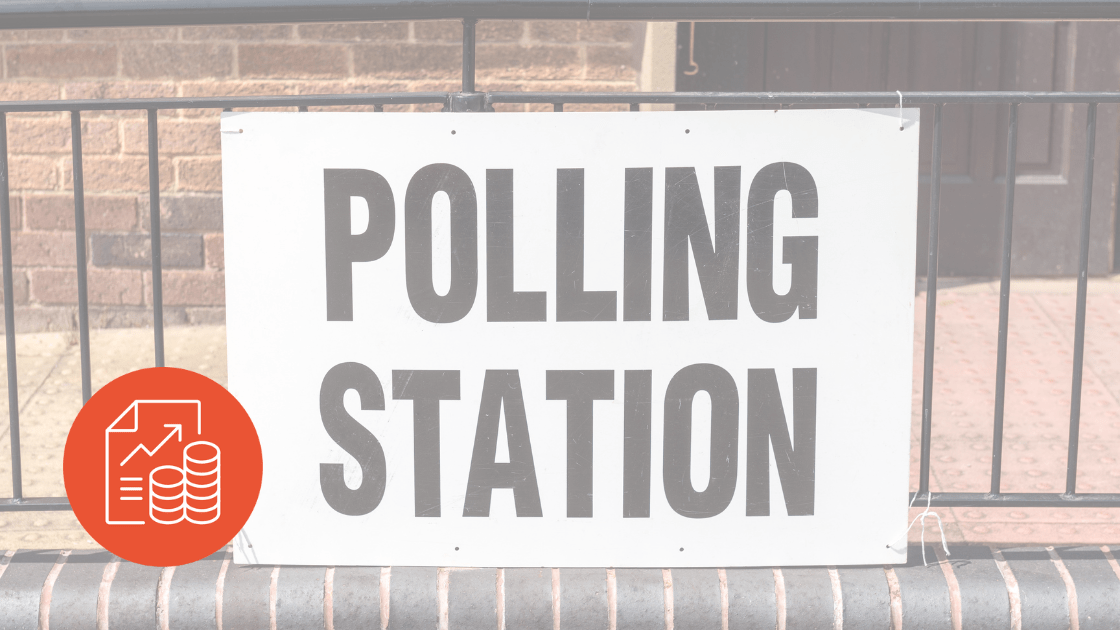
General election 2024: Initial tax plans
It’s early days yet, but some pointers on tax have emerged from both the main parties.
Within one week of the surprise firing of the general election starting gun, both the Conservatives and Labour have been promoting their tax plans. We can expect more to emerge in the coming weeks and in the manifestos, which will probably appear during the second week of June.
The Conservatives were first out of the blocks with a new tax proposal – higher personal allowances for pensioners. The driver for this is, ironically, an existing Conservative policy, the freezing of personal allowances until April 2028. At present the new State pension (£221.20 a week – £11,502 a year) is below the personal allowance (£12,570). However, given the State pension rises each year in line with the triple lock, it is destined to overtake the personal allowance in the future. As a result, a pensioner with only State pension would have tax to pay.
Mr Sunak’s solution is ‘triple lock plus’, which would see the personal allowance rise in line with the State pension increases, but only for those who have reached State pension age. The cost would be £2.4 billion a year by 2029/30, which the Conservatives said would be funded by that favourite revenue source of politicians seeking re-election, clamping down on tax avoidance.
Rachel Reeves, the Shadow Chancellor, subsequently said that the Labour party would not copy the personal allowance reform. She already has tax avoidance measures earmarked to replace the revenue she had planned to raise from increased tax on non-domiciled individuals. The non-domiciled option was effectively closed off by Chancellor of the Exchequer Jeremy Hunt’s March 2024 Budget, which had its own (similar) ‘non-dom’ proposals.
The Labour party has also responded to Conservative campaign rhetoric with pledges not to increase income tax, National Insurance, corporation tax or value added tax, removing major revenue-raising options.
Budget plans?
On the subject of Budgets, the Shadow Chancellor was asked whether she would hold an emergency Budget if she entered 11 Downing Street. She replied that there would be no Budget without a report from the Office for Budget Responsibility (OBR) – a sideswipe at the Truss Mini-Budget which lacked any OBR oversight. The OBR requires a minimum of ten weeks’ notice to prepare a report, meaning that there will be no Reeves’ Budget until mid-September, at the earliest. The corollary is that August could be a busy month for tax planning.
Want to discuss your tax planning with an expert?
Tax treatment varies according to individual circumstances and is subject to change.
The Financial Conduct Authority does not regulate tax advice.
